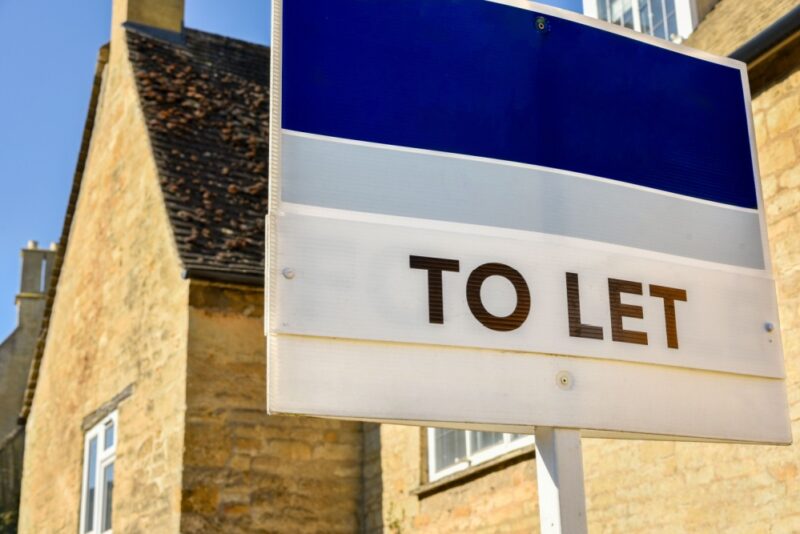Managing your tax liability could help reduce your overall tax bill and get more out of your money. If you’re unsure how and when you might pay Dividend Tax, read on to find out.
A dividend is one way a company can distribute profits to shareholders. You might receive dividends if you hold shares in dividend-paying companies or if you’re a business owner.
Changes over the last few years mean more people are paying Dividend Tax.
For example, the amount you can receive in dividends before tax is due, known as the “Dividend Allowance”, gradually fell from £5,000 in the 2017/18 tax year to £500 in 2024/25.
According to a September 2024 FTAdviser article, the number of people paying Dividend Tax for the 2024/25 tax year is expected to double when compared to 2021/22. It’s estimated that almost 3.6 million people will need to pay Dividend Tax for the 2024/25 tax year, leading to the Treasury collecting almost £18 billion.
So, it may be important to understand how current legislation might affect you and some of the ways you could reduce your liability.
The Dividend Tax essentials you need to know
If you receive dividends, understanding when Dividend Tax may be due and the rate you’ll pay is important.
As mentioned above, you won’t pay Dividend Tax if the total amount you’ve received is below the Dividend Allowance. For the 2025/26 tax year, the Dividend Allowance is £500.
Dividends above this threshold will usually be taxable, and the rate will depend on which Income Tax band(s) the dividends fall within once your other income is considered. As a result, when calculating your Dividend Tax liability, you may need to include the income you receive from your salary, savings, and other sources.
For the 2025/26 tax year, Dividend Tax rates are:
- Basic rate: 8.75%
- Higher rate: 33.75%
- Additional rate: 39.35%
Depending on your circumstances, paying Dividend Tax on income could reduce your overall tax liability. For example, if you’re a business owner, choosing to reduce your salary and withdraw some money through dividends might result in you paying a lower rate of tax on a portion of your income.
Understanding tax rules and how they apply to you can be complex, and you might benefit from seeking tailored advice.
3 effective ways to reduce your Dividend Tax bill
- Use your Dividend Allowance
One of the simplest ways to reduce your Dividend Tax bill is to use your Dividend Allowance.
The allowance resets at the start of each tax year. If you can, spreading dividends across several tax years could reduce how much tax you’re paying.
The Dividend Allowance is also individual. So, if you’re married or in a civil partnership, managing tax liability together could be useful. You may pass some dividend-paying assets to your partner to use both of your Dividend Allowances.
- Place dividend-paying shares in a tax-efficient wrapper
A Stocks and Shares ISA is a tax-efficient way to invest – you won’t pay tax on dividends from shares held in an ISA, and returns aren’t liable for Capital Gains Tax (CGT) either.
As a result, moving investments to an ISA could be an efficient way to reduce your tax bill.
You should note that the ISA subscription limit caps how much you can place into adult ISAs each tax year. For the 2025/26 tax year, it is £20,000.
In addition, pensions are a tax-efficient way to invest for retirement. Again, dividends you receive from investments held in a pension will not be liable for Dividend Tax, and investment returns won’t be liable for CGT.
The Annual Allowance (the amount you can save into a pension each tax year before tax charges may be applied) is £60,000 in 2025/26. However, your Annual Allowance might be lower if you’re a high earner or have already taken an income from your pension.
Keep in mind that you usually can’t access the money held in your pension until you are 55 (rising to 57 in 2028).
- Reduce the number of dividend-paying shares you hold
Depending on your investment goals, you might choose to reduce dividend-paying shares if you’re focused on growth rather than income.
However, it’s important to note that this may not be appropriate for everyone and could increase your tax liability in other areas, such as CGT. Your financial planner could help you assess if adjusting your investment portfolio could be right for you.
Get in touch to talk about reducing your tax liability
If you’d like to discuss your tax liability and the steps you might take to reduce it, please get in touch. We’ll work with you to create a tailored plan that suits your circumstances and goals.
Please note: This blog is for general information only and does not constitute financial advice, which should be based on your individual circumstances. The information is aimed at retail clients only.
Please do not act based on anything you might read in this article. All contents are based on our understanding of HMRC legislation, which is subject to change.
The value of your investments (and any income from them) can go down as well as up, and you may not get back the full amount you invested. Past performance is not a reliable indicator of future performance.
Investments should be considered over the longer term and should fit in with your overall attitude to risk and financial circumstances.
The Financial Conduct Authority does not regulate tax planning.




